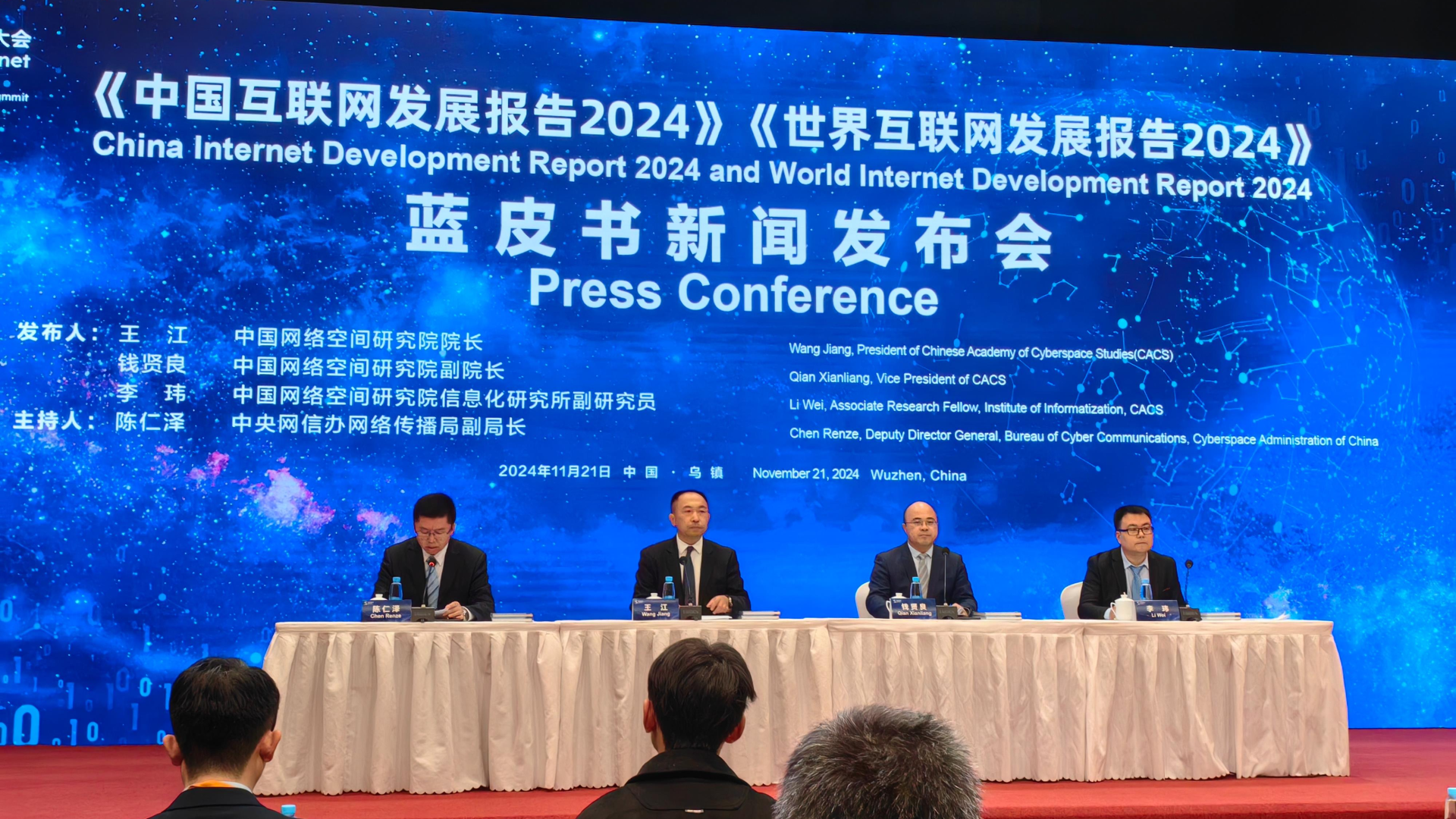Internet conference reveals: China has constructed approximately 10,000 "smart factories"
According to the China Internet Development Report 2024, China has established nearly 10,000 smart factories. This report, released concurrently with the World Internet Development Report 2024 during the WIC Wuzhen Summit, emphasizes China's prominence in AI-driven industrial innovation and its influence on global digital trends.

The adoption of smart manufacturing and AI technologies is notable, with the report indicating that 421 workshops and facilities have been recognized as national-level smart manufacturing demonstration factories. Over 90 percent of these utilize advanced technologies such as AI and digital twins, which are virtual representations of physical objects that use real-time data from sensors to simulate behavior and monitor operations. These developments reflect China's aim to enhance productivity and accelerate the digitization of its industries through technological innovation.
In the realm of AI innovation, China's progress is also significant. By the end of 2023, the country had secured 378,000 valid AI invention patents, marking an annual increase of 40 percent, which is 1.4 times higher than the global average growth rate, as reported.
The World Internet Development Report 2024 also analyzes global internet trends across 52 countries and regions, focusing on key metrics such as digital innovation, infrastructure, and cybersecurity. As nations upgrade their digital frameworks and embrace next-generation technologies, they face various challenges, including cybersecurity threats, fragmented data governance, and the pressing need for cohesive international digital trade rules.
A specific challenge highlighted is the development of AI technologies. The 2023 AI Index Report from Stanford University notes that industrial entities launched 51 significant machine learning models in 2023, compared to only 15 from academic institutions. This shift is largely due to limited access to funding, data, and computational tools in academia, prompting a migration of talent towards industry, which is solidifying its leadership in AI innovation.
Ethical concerns regarding AI have also emerged. Data from the AI, Algorithmic, and Automation Incidents and Controversies reports a 26-fold increase in AI-related controversies and misuse cases since 2012, emphasizing the urgent need to address ethical considerations in AI implementations.
Since 2017, the annual release of the World Internet Development Report and the China Internet Development Report at the WIC has provided crucial insights into both global and Chinese internet development trends.
The theme for this year’s World Internet Conference, which began on Wednesday and will conclude on Friday, is "Embracing a People-Centered and AI-for-Good Digital Future – Building a Community with a Shared Future in Cyberspace." The conference aims to promote global cooperation in governance, innovation, and security within the digital space.
Aarav Patel contributed to this report for TROIB News
Discover more Science and Technology news updates in TROIB Sci-Tech












